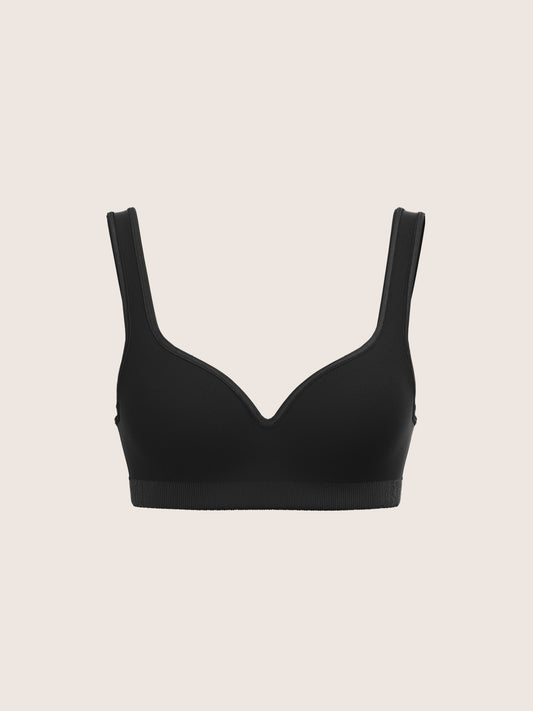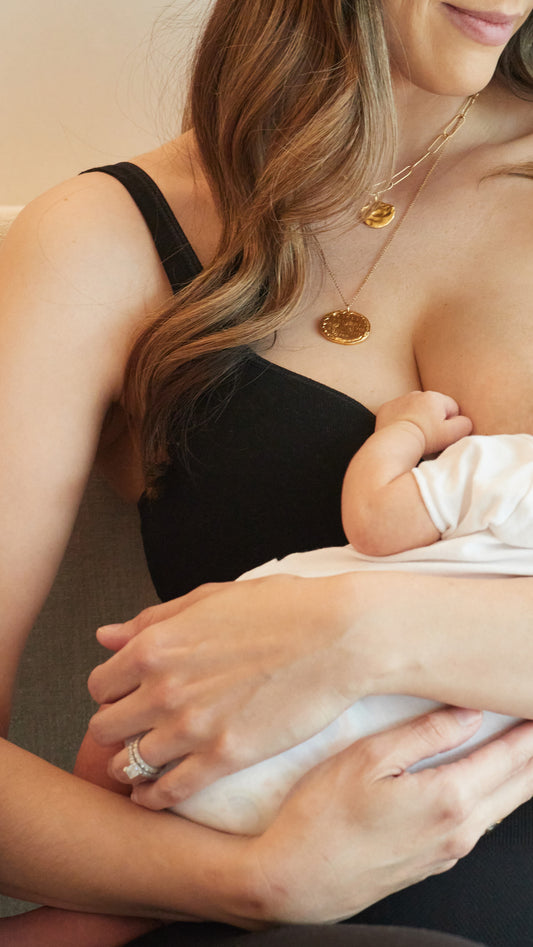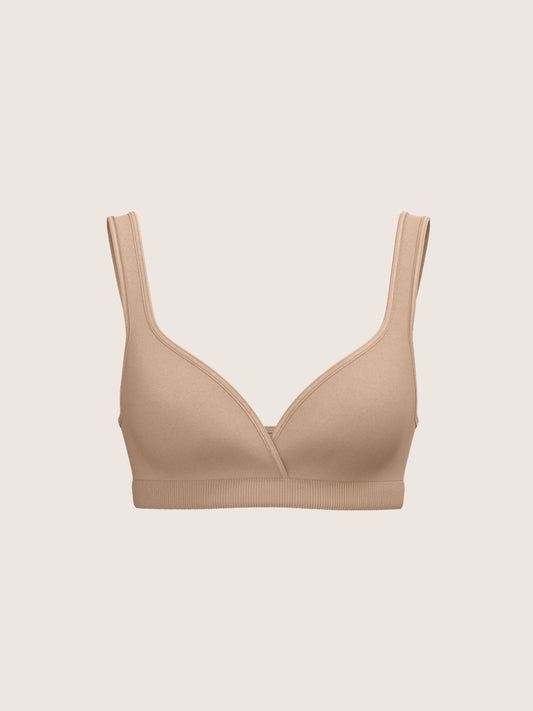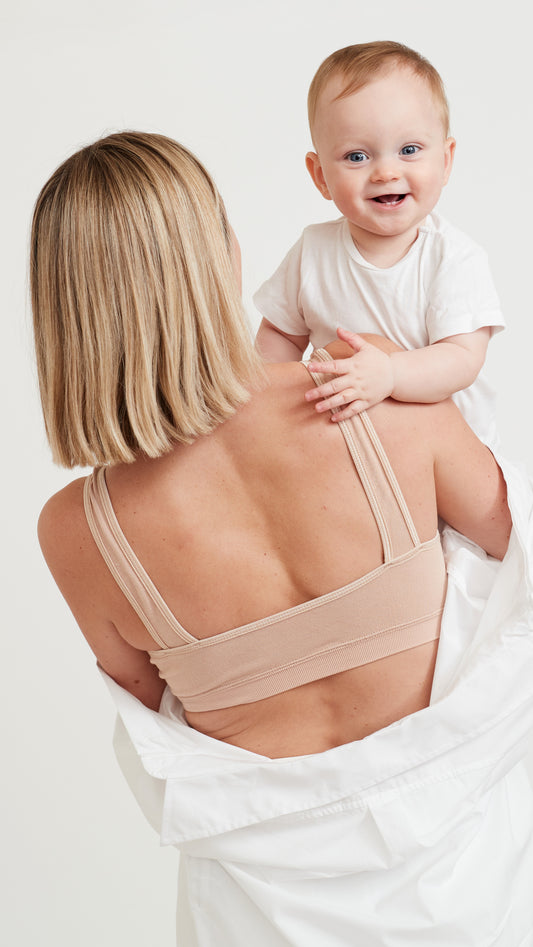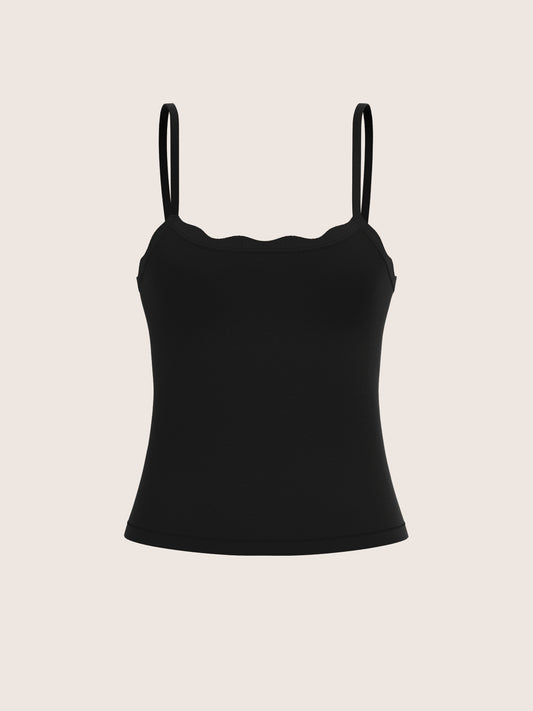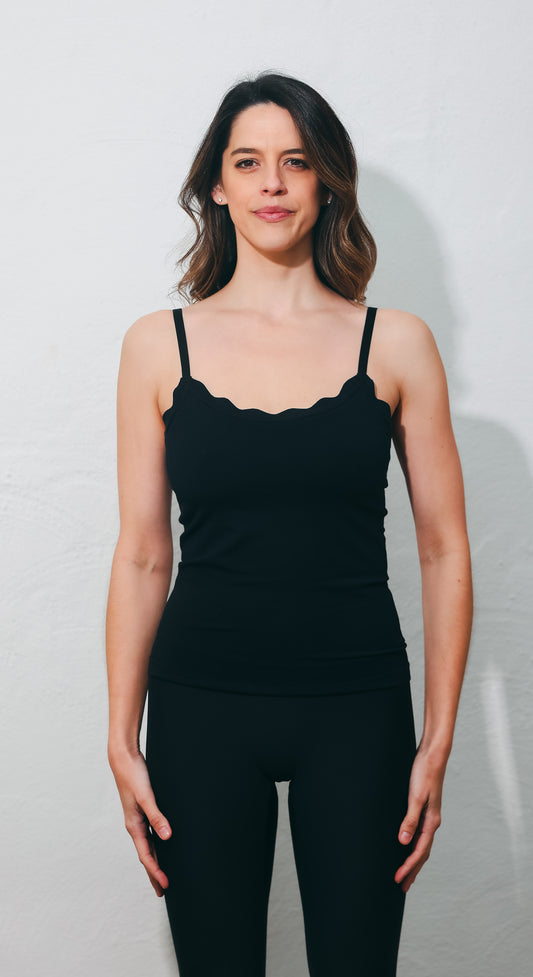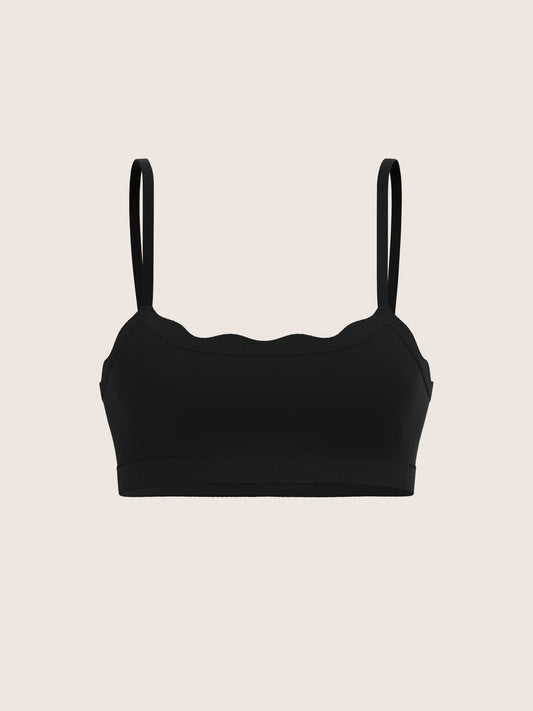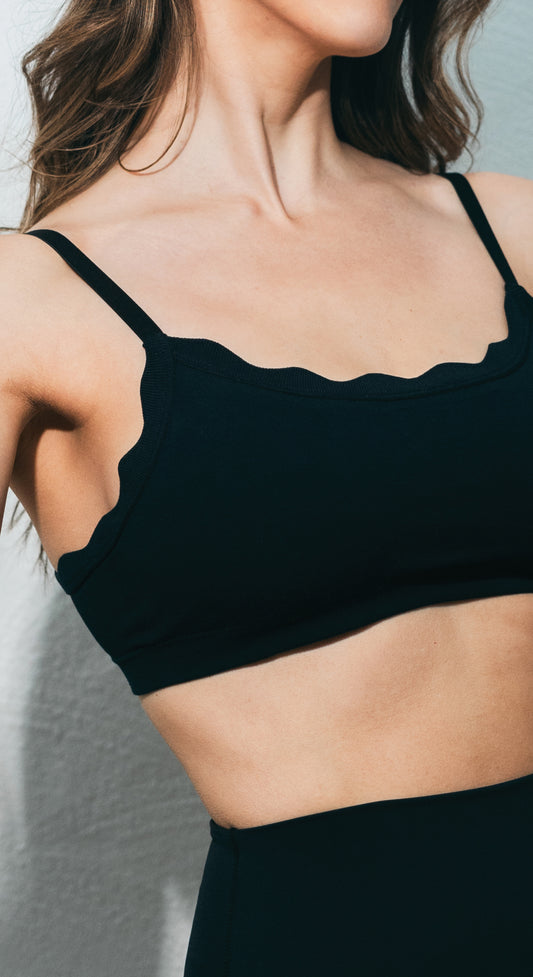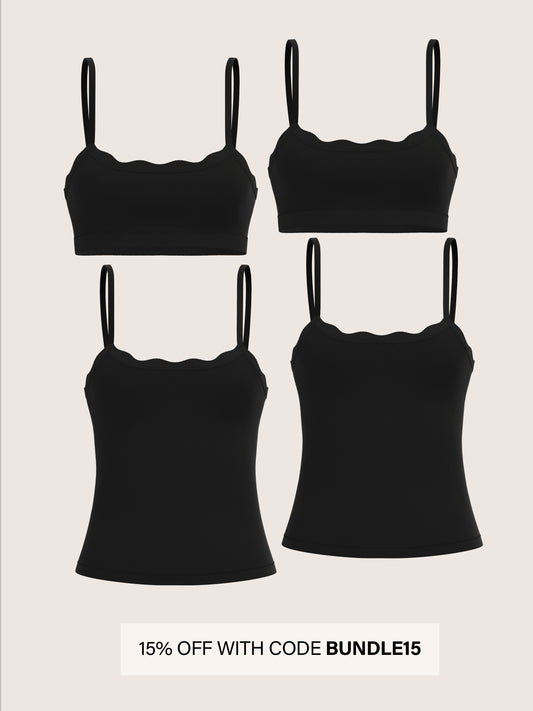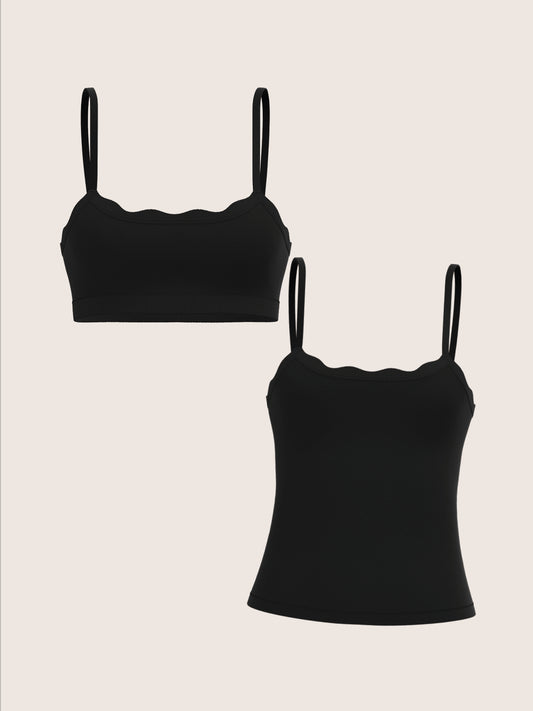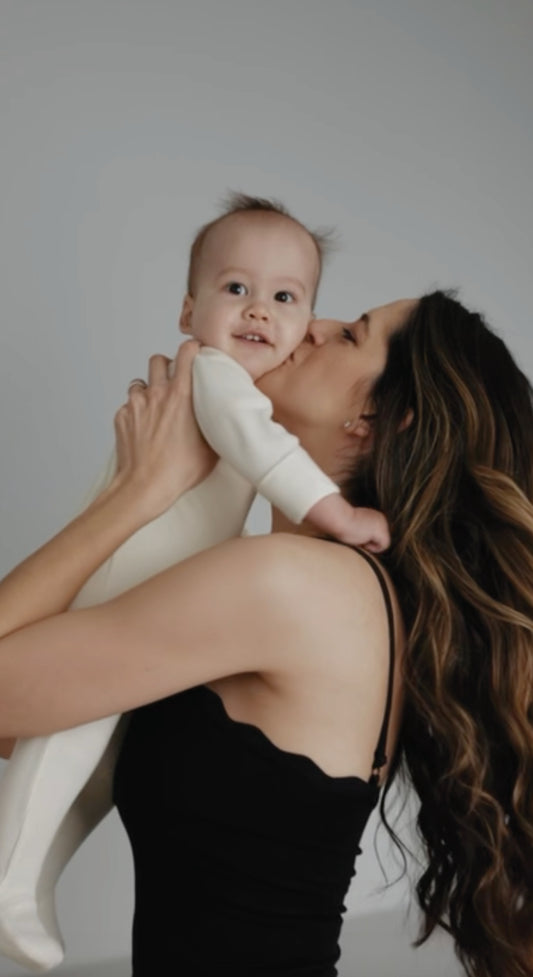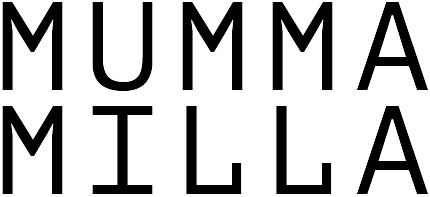Welcoming Joelleen Winduss Paye - International Board Certified Lactation Consultant, Endorsed Midwife, Naturopath & Educator to M. Magazine.
Can you tell us a little bit about yourself
I have been a midwife for over 13 years, I trained and started my career in New Zealand. Soon into my career as a midwife I could see how prevalent burnout is, and began studying naturopathy to pursue my passion for holistic health and self-care. As soon as I finished studying naturopathy, I then went on to study for my International Board Certified Lactation Consultant (IBCLC) exam. My husband and I moved to Melbourne in 2018, and after a few years of working in private hospitals as a midwife and IBCLC, I started JWP Holistic Lactation Consultant in 2021.
They say it takes a village to raise a child. What do you offer to new mothers as a Lactation Consultant, Naturopath and Midwife to feel supported, heard and guided.
That is so true and I am a huge advocate for getting the right support especially when it comes to breastfeeding. My approach is incredibly holistic, taking into account the mother’s breastfeeding and lifestyle goals. Breastfeeding plans and advice needs to be realistic and achievable. I use my lactation expertise to support and promote comfort and efficiency during breastfeeding, and my naturopathy to support nutrition and postpartum well-being. Being a midwife for many years also allows me to connect more deeply to their emotional and physical pregnancy and birthing journeys.
You are expecting yourself. Congratulations! How are you feeling? And what are you doing to prepare yourself for birth and breastfeeding.
Thank you, I am beyond grateful and excited to be experiencing this journey. I am under no illusion that even with all of my knowledge it will still be the most challenging experience yet rewarding of our lives. There is so much anticipation about your pregnancy and birth, especially when you are a midwife. I am trying not to put too much pressure on myself and really prioritising listening to my body, slowing down and being in the moment.
For birth preparation, I have been listening to positive birth affirmation audio tracks to re-programme my subconscious mind to shift fears and doubts. I have been slowly working away at the Movin Mama exercise program to streangthen my body for the physical challenge of birth and early motherhood. Books I have been making my way through are; Life After Birth, Reclaiming Childbirth, Birth With Confidence and Birth Skills. Bodywork is also key, so I will also be seeing a pelvic floor osteopath, an acupuncturist and massage therapists more regularly toward the end of my pregnancy.
For breastfeeding, I am curating a freezer inventory of all the nourishing postpartum foods I wish to meal prep leading up to my birth. I’m making a postpartum nest in my home by investing in comfy linens, furniture and pillows, so I can relish in the first forty days. I plan to hand express from 36 weeks of pregnancy to collect any colostrum I can, and I have been gently gathering quality breastfeeding support items like nursing bras, breast pads, breast shells, nipple balm, silverettes and a breast pump. I am also touching base with my chosen lactation consultant and have been working with a virtual postpartum doula for some postpartum planning to navigate communication, boundaries and support options.
What is your biggest advice for new mothers about to embark on a breastfeeding journey.
Prepare and outsource as much as possible so you and your partner can dedicate your time, energy and mental capacity to getting breastfeeding established. Don't expect it to come naturally. Enjoy the skin-to-skin and cherish the moments when it's flowing well. Touching base with a lactation consultant prior to your baby’s birth is a great proactive step to take. Knowing that they will be available when your baby is due and having an established relationship prior to really needing their services can go a long way in making you feel safe and supported. It also saves that panic of searching for a lactation consultant last minute and avoiding long wait times for issues that don't allow for time such as sore nipples and mastitis. I would also recommend an online breastfeeding workshop that goes deeper than the generic breastfeeding class the hospital offers.
The moment our baby is put on our chest, motherly and baby instincts incredibly come into play! Are there some things we can prepare for and do in those first few moments when baby meets mum, and vice versa.
Instincts can be strong yet blurred, so give yourself grace as you have only been a mother for a few moments. Intuition needs repetition to grow, and there is a lot of pressure on parents to act from intuition very early on. Skin-to-skin is all you need at this moment. It may not feel like it but your bodies together are achieving so much as the hormonal dance unfolds. Your baby will know your voice and may surprise you with how alert they are. Try to protect this early time as much as possible with dim lighting, warmth, privacy and delaying any non-urgent tasks until the first breastfeed is completed. For mothers and babies who don't get to enjoy these precious moments immediately post-birth for whatever reason, I suggest playing catch up and making up for the lost time with unlimited skin-to-skin when you and your baby are reunited.
Colostrum. Why is it liquid gold for baby.
Colostrum is the first milk your body makes from as early as 16 weeks of pregnancy. Colostrum is rich in vitamin A which gives its yellow/golden colour, and is a powerhouse of nutrients and calories, the exact elixir your newborn baby needs. Colostrum is present in the breast for around three days post-birth and then slowly transitions into mature milk due to your baby’s demand - frequent feedings or stimulation via hand expressing or pumping. Colostrum is nutrient-dense, calorie-rich, lines your baby’s gut and strengthens their delicate immune system like nothing else can, especially in those early days.
After a woman gives birth, what are the best things we can include in our diet to boost milk supply, and pass on important nutrients to baby via breastmilk.
As a naturopath, I love talking about holistic nutrition. I like to start with the basics of how important it is to eat a well-balanced, ideally, savoury breakfast. This supports blood sugar stability throughout the day, which is the basis of hormonal health and energy levels. An additional 300-500 calories are required to produce breastmilk, which is about three decent snacks per day. I often find my clients do best with their sense of well-being and milk supply when they are eating well-balanced, protein-rich meals, adding in protein-rich savoury snacks. Meal prepping and outsourcing preprepared meals really helps during the early newborn days. Also drinking at least three litres of water per day, more in summer and when exercising will help provide the hydration your body needs during breastfeeding.
What are some common breastfeeding myths that need debunking
“Breastfeeding is natural, it comes naturally”.
Unfortunately, I meet a lot of clients and their families who have felt totally unprepared and overwhelmed by their breastfeeding journey. I think getting your head around what to expect, the common challenges that may be faced, having clear goals and values around breastfeeding and pre-selecting your support team will go a long way in creating a more empowering breastfeeding journey.
“Flanged lips”.
This is something I hear commonly when referring to the baby’s latch. Focusing on the need to have your baby’s lips flanged outwards while sucking at the breast has been disproven by ultrasound studies. I also find when I mother is pulling her breast tissue back to see her baby’s lips, this can disrupt the nipple position in the baby’s mouth and spoil a good latch.
Mastitis and lumps should be treated with heat, massage and pumping the milk out.
This is outdated and actually harmful advice which makes inflammation much worse. Very firm and vigorous massage can really damage delicate breast tissue. The breast is an organ, not a muscle and must be handled gently.
Building a stash of breast milk is needed.
This can place a lot of pressure on a breastfeeding mother and place her at more risk of issues associated with oversupplies such as forceful milk flow, excess leaking and breast inflammation which can manifest as lumps or mastitis. When the breast is overproducing what your baby needs, this can also disrupt the composition of milk your baby is designed to receive, as milk towards the end of the feed may be pumped instead of helping your baby feel satiated and sleepy.
A few fun facts about breastmilk.
Each time your baby’s mouth contacts your nipple, their saliva is communicating with your brain about what their body needs. I just think this is so amazing and speaks to how tailored and dynamic breastmilk is.
Breastmilk consumed fresh, ideally from the breast will help to inform your baby’s body about the time of day. Breastmilk contains different properties (hormones, enzymes etc.) depending on the time of day, and has been found to be different between day and night.
Mastitis. How can a mother prevent / manage this.
Firstly, a common cause of mastitis is a sub-optimal latch and nipple damage, get this assessed and supported with a local IBCLC is essential.
Keep your milk supply well-matched with your baby’s needs. I caution against the use of milk catchers, particularly when your baby is feeding at the breast. These can easily stimulate an oversupply, which puts you at risk of inadequate milk draining and therefore mastitis.
Rest, hydration, and using ice and anti-inflammatories as required for relief are the latest advice for treating mastitis. Avoid heat, deep massage and trying to ‘drain’ the milk with expressing or extra feeding. Your milk supply may reduce during the mastitis period, this is a natural reflection of your body mobilising its resources to heal the mastitis and will rebound with proper care and time. Probiotics and Therapeutic Ultrasound (TUS) can be supportive too. If symptoms are not resolving, or worsening after 12-24 hours, seek a GP with breastfeeding expertise for a medical review.
Is a breast pump an essential item to pack in your hospital bag?
What do you recommend.
I do recommend doing some research on what type of breast pump suits your needs. Generally, a breast pump isn’t an essential item for your hospital bag as there will be hospital-grade breast pumps available if needed. In some cases, these pumps can be in high demand, so this is when it is helpful to have your own pump. For mothers who are having twins, preterm birth or have had a history of low milk supply, packing their pump may be useful. In terms of breast pumps, I am a fan of Youha, as they make hospital-grade wearable pumps that are comfortable, and efficient and they can give you guidance with finding the right fitting flange which is really important in making pumping more comfortable and sustainable.
Nurturing the mum, is just as important as nurturing the baby.
How should mums look after themselves to thrive alongside their newborns.
Take small moments for self-care, starting with fresh air and sunlight as early as possible. It may feel hard to get outside, but nature is so healing and mood-boosting. Proper nutrition and hydration also go a long way. I love practices like yoga nidra or diaphragmatic breathing, and these can be done throughout the day. Invest in some nice products to use during the shower, something that refreshes your senses and drops you into your feminine energy. Investing in postpartum planning or postpartum sessions with a doula and bodywork if you have the ability to do so are also incredibly supportive.
The importance of packing a comfortable bra after giving birth to baby.
During pregnancy, your breasts and nipples change and become more sensitive. Soft and comfortable fabrics are essential. Your breasts will change a lot in the first few weeks of breastfeeding and having clothing that grows with your body will feel really helpful.
We’d love to hear what you think of our leakproof bralettes for breastfeeding mothers.
The fabric is of beautiful quality, the cut is really elegant yet supportive, and the leakproof element allows confidence both in and out of the house. It’s great to see a brand that provides something practical and aesthetic.


Joelleen Winduss Paye
Founder of JWP, Holistic Lactation Consultant
IBCLC Lactation Consultant, Naturopath, Midwife & Educator
@jwp.ibclc
